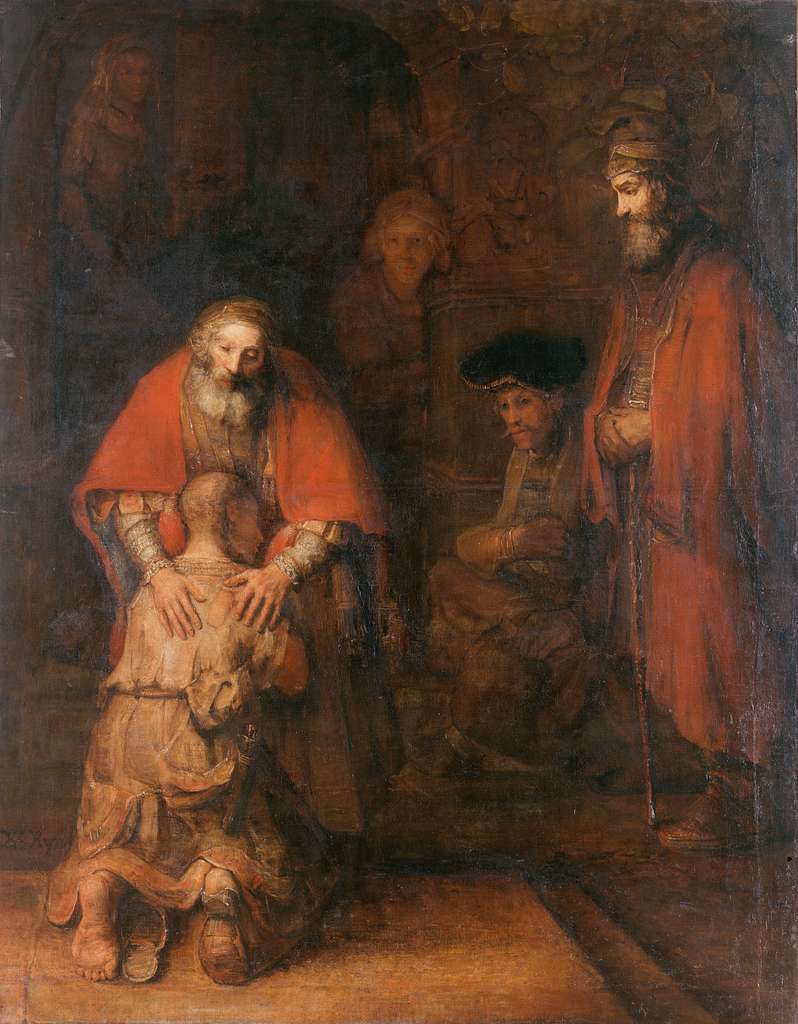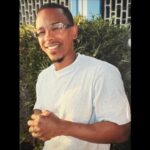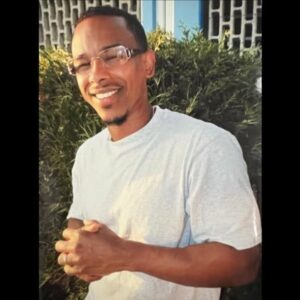Pastoral ministry in prison can change lives, but it doesn’t magically erase the pain of incarceration.
Helping people overcome trauma through the Gospel of Jesus Christ is always gratifying, especially when the good news touches people at their lowest points. At the same time, I battle with the same adversities and humiliations as the millions of people who are warehoused in this country’s prison system.
First, the power of ministry.
I’ll never forget the morning I was standing in the middle of the day room at Washington State Penitentiary. Matthew, a white supremacist convicted of murder, stood next to his cellmate with his T-shirt hanging around his neck, pointing out the scars on his head, chest, arms, and back from being stabbed 11 times while trying to sell stolen drugs at a neighborhood park.
“My mom left me with her drug dealer, and nothing to eat,” he said. “So, I stole some of his drugs and tried to sell them. I was only 13 years old when he came looking for me.”
Matthew explained how these traumatizing experiences—being assaulted by the drug dealer, along with his mother’s disappearing acts during his childhood—created deeply rooted fears and insecurities that led to his apathy about life and set the stage for his criminal behavior. Matthew’s trauma led him to believe that he had no value and that God wanted nothing to do with him.
Mathew told me that our brief interaction had shifted that narrative. I had gifted him a bag of coffee and told him that Jesus loved him. That simple gesture encouraged Matthew to approach me the following morning, and during the conversation that followed, he explained the hardships he had endured as a child. He said those simple words, “Jesus loves you,” broke down the wall he had built around his heart after years of neglect, violence, poverty, and eventually prison.
When our conversation concluded, I hugged Matthew like he was family, thanked him for sharing his story, and invited him to attend church with me the following Sunday. After nodding his head, he walked away with a sense of hope instead of the typical heaviness that most people in prison carry. His demeanor indicated that something had been liberated within him.
During my 16 years in prison, I’ve had the privilege of ministering to countless people who have committed gun violence, sexual assaults, robberies, and other destructive acts that have harmed other people. What I have found is that many of the men who have inflicted harm also have been victims of violence, sexual assault, and physical abuse as children. Others have been raised in foster care, extreme poverty, or under the care of drug-addicted parents. These histories aren’t an excuse for criminal behavior but help us understand our society and all its victims. Like so many traumatized people, these prisoners struggle with depression, anxiety, suicidal thoughts, feelings of not being enough, and other emotional troubles that lead to destructive, and self-destructive, behaviors.
Unfortunately, the moment these trauma-impacted individuals encounter the legal system, they cease to be victims in the eyes of society. Instead of the healing that could help them turn away from crime, they are demonized and their trauma is exacerbated by the harsh and dehumanizing conditions that are so common in prison.
Second, the pain of incarceration.
Many of us who have been directly or indirectly impacted by incarceration seek to remind others whenever we can that the prison system is driven by the ideology of punishment not rehabilitation, which influences how prison officials interact with incarcerated people. Random strip searches, excessive physical force, and solitary confinement are routine, which only deepen the trauma of prisoners. Inhumane treatment makes it extremely difficult for people like Matthew, myself, and many others in prison to recognize our own humanity, which is essential to healing and being accountable for the harms we’ve caused. Without that, incarcerated folks often return to their communities more dangerous than they were before their incarceration.
When I was sentenced to 63 years for my involvement in a retaliatory murder, I found myself hitting these same emotional depths. I knew I had to heal from my own childhood traumas, but prison officials always seemed to reduce me to the bad decisions that landed me behind bars. Like so many others, I began to struggle to see myself as having any intrinsic value, which stagnated my growth as a young person.
My transformation began with the Bible and the power of stories such as the Prodigal Son, which are inspiring for someone who is incarcerated.
Jesus describes a son who demands his inheritance from his father, leaves home, and blows his money on frivolous activities. When the son hits bottom and is living in a pigpen, he comes to his senses and humbly returns home, assuming that his bad choices will lead his father to reduce him from being a son to a slave. But when the father sees the son from afar, he runs to his child with tremendous love, embraces him, and throws a party to celebrate his safe return. When questioned about the purpose of the celebration, the father responds, “It was fitting to celebrate and be glad, for my son was dead and is alive, he was lost, and is found.”
I also had chosen to live an impetuous life, allowing my childhood trauma to push me toward short-term pleasures in search of a false sense of control, and further from God. But after being condemned to the physical, mental, and emotional pigpen of prison, my heart began yearning for God’s presence. But I secretly feared that God would perceive me through the same lens that society saw me, as someone not worthy of respect.
I found that God isn’t like society or the prison officials who measure my worth by my incarceration. To the contrary, he loves and values us all beyond the darkest experiences of our past and present. The moment I realized that turning toward Jesus would provide me with such love, grace, and forgiveness, I was confronted with a series of questions.
What narrative would I accept about myself? Will I define my life by the bad decisions that landed me in prison? Or will I accept the fact that God loves and validates me beyond the terrible decisions that led to my circumstances? Choosing the latter led to my healing and restoration, which is why I have become passionate about serving and giving back to the community I once took from.
While prison has a way of diminishing the humanity of those who are already hurting, the Gospel message contains a power that produces healing and restoration. My own experience with this truth motivates me to share the love of God with other incarcerated people such as Matthew, people who have tragically hurt others as a result of their own hurt.
Despite spending four years in seminary and becoming a pastor while in prison, I still face the same pain that other incarcerated folks endure. When a prison official decides to strip search me, I have to remind myself that I am still a child of God, despite the humiliating experience of being forced to show my body to a stranger. When my family drives hours to see me, only to be turned away from visiting because they’re wearing cargo pants that aren’t allowed, I have to remind myself that God is with me, despite being stripped of opportunities to spend time with my wife and kids.
Living with these challenges makes pastoring in prison unique. I’m encouraging others to perceive themselves as being loved and valued, which is essential to healing and rehabilitation, while at the same time struggling myself to receive that same lesson.
Image Credit: Rembrandt, “The Return of the Prodigal Son” (1668) via Picryl





1 comment
Frances Dowell
Such a powerful, beautifully written essay. Thank you.
Comments are closed.